Dies ist das Original-Interview auf Englisch. Für die deutsche Übersetzung müsst ihr euch ein wenig gedulden.
I can say, I am a little bit proud for having done an interview with Billain. He is quite an artist and I thought it would be interesting to read what this man is all about. But read for yourself!
TuB: Hi Adis, first of all I want to thank you for the opportunity for this interview. Huge fan the way! Except the release for Rampage 2018 earlier this year Billain has been pretty quiet. Is there something big coming?
Billain: Thank you for having me!
Well there has been a lot of things happening, few Hollywood movies music compositions, working on the game “Scorn”, getting back to graphic design more actively, multitude of collabs, we made some several new visual installations, samplepacks, working on the album, making music videos for it, new EP’s… Recently I have switched to a new booking agency, and as things are progressing naturally towards bigger platforms and opportunities, the circle of operation is shifting towards higher workflows and bigger brainstorms in demands. I must say this year has been quite a ride. Some might ask why have I been so silent?
“What can you possibly gather from just getting money real quick from gigs after smaller projects?”
There is one particular thing I always loved to do, you see. It is the process of tossing myself in the sea of no deadlines, even though you always hear that pressure is a good thing, yet the sistine chapel work exists to this day solely because of the persuasion of the idea itself: “it is finished when it is done”. So when combined with stubbornness, it creates a new field of self-discovery and many new ways of creating audio and visual. What can you possibly gather from just getting money real quick from gigs after smaller projects? Maybe fast cash from gigs, and I have to understand that in some cases. But in other cases there is only a limited number of experiences when working on an EP, and when you drain that, you need to go some place you never were, but if you know that in front, your perspective widens.
I have currently released a collaborative EP with Malux, Vegas BCUK, Signal, Redpill and Filip Motovunski, with amazing Artwork from Enis Cisic, and designs from Marko Gacnik, Mak Krstic and my partner in design crime Ben Hook of our Antireal. I had very few collaborations, not because I don’t like to do it, but because I took more time than others would allow in such projects and I understand.
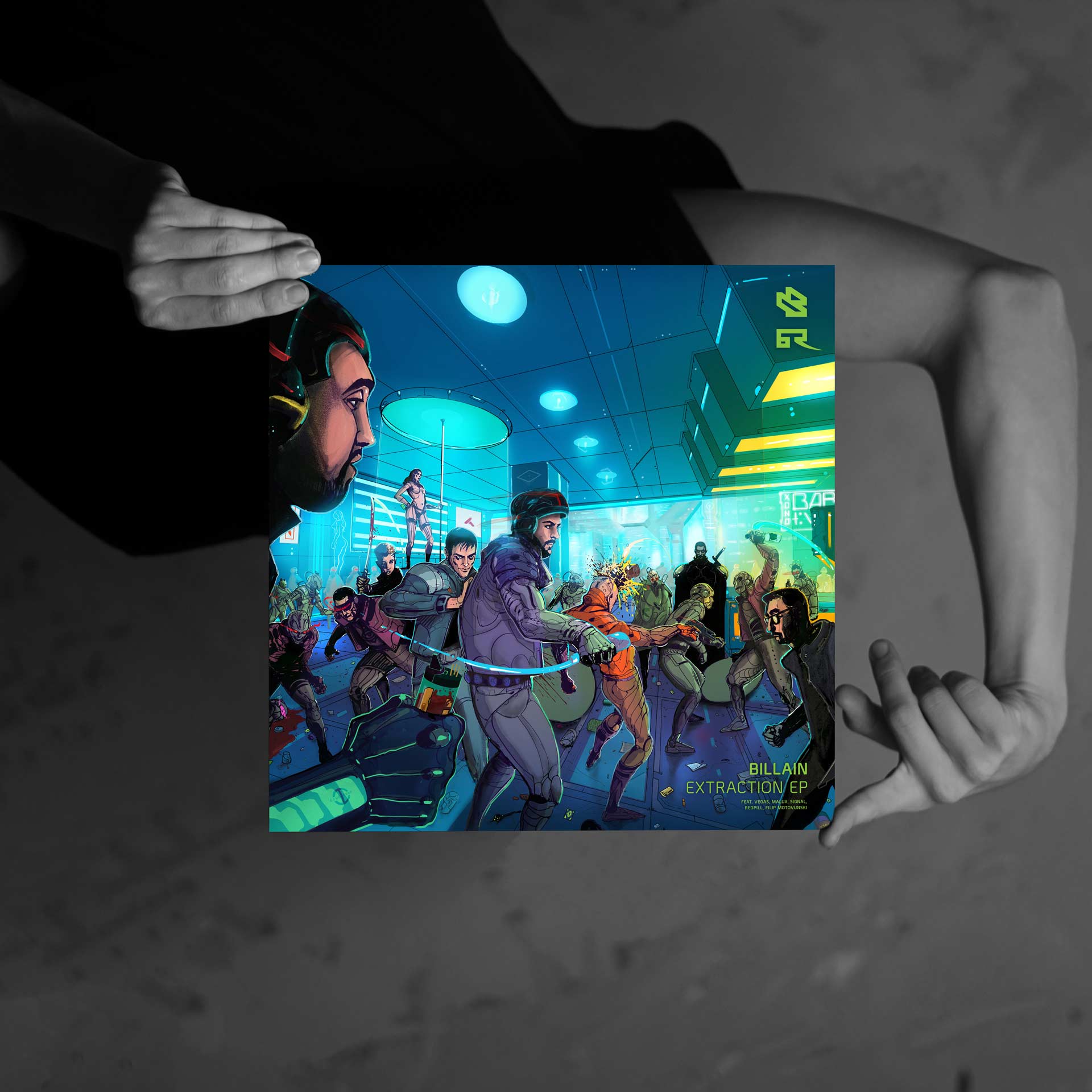
Label: Bad Taste Recordings
Release date: 09/11/2018
Catalog-Nr.: BTR077
SoundCloud • Umut’s review
“Doing a genre only because you wanna be there
looks no different than Wall-Street betting.”
Deadlines are nice regarding other projects, but I personally see that today’s industry drags your work across your least efficient self in one direction, and creates an illusion that this is what you need to become a bigger artist, until you accept that the trend you want to contribute is bigger then your own path…this is paradoxical, because what everyone needs—is just to set trends constantly. However, as everyone is trying to survive at the same time many people find that the sweet spot of the music industry should be a crew lobbying, now to avoid accusing the lobby-league I can say it this way—doing a genre only because you wanna be there is not being yourself, it looks no different than Wall-Street betting, and tossing where money can jump trying to predict the weather. And I certainly find no life nor emotion in that area for music, to put yourself on a side for the cause of demands.
But this means one might be fighting a very lonely war, but isn’t that wonderful? Your mind goes places, it becomes independent creator of worlds, and get also happier, you get rid of bad and negative surrounding, who would drain your art, time, work, budget and integrity from you. So the things that you win and loose enriches your mind, and it becomes flattering when others notice that they want to follow our, yours and mine perception of visuals and sounds. So while the formula is an illusive fame chase in the big industry, I play the long game on my own path and I don’t compete, that is all. It is nonsense. There is around 5 big things coming from my crews and myself, from Hyperbinary to Antireal. We got ourselves into some quite crazy big paths. With a multitude surprises around the corner, we don’t want to spoil it to the world once it starts getting out.
TuB: Whilst being involved in many things the two most present projects seem to be other Aethek and Hyperbinary. What are they about?
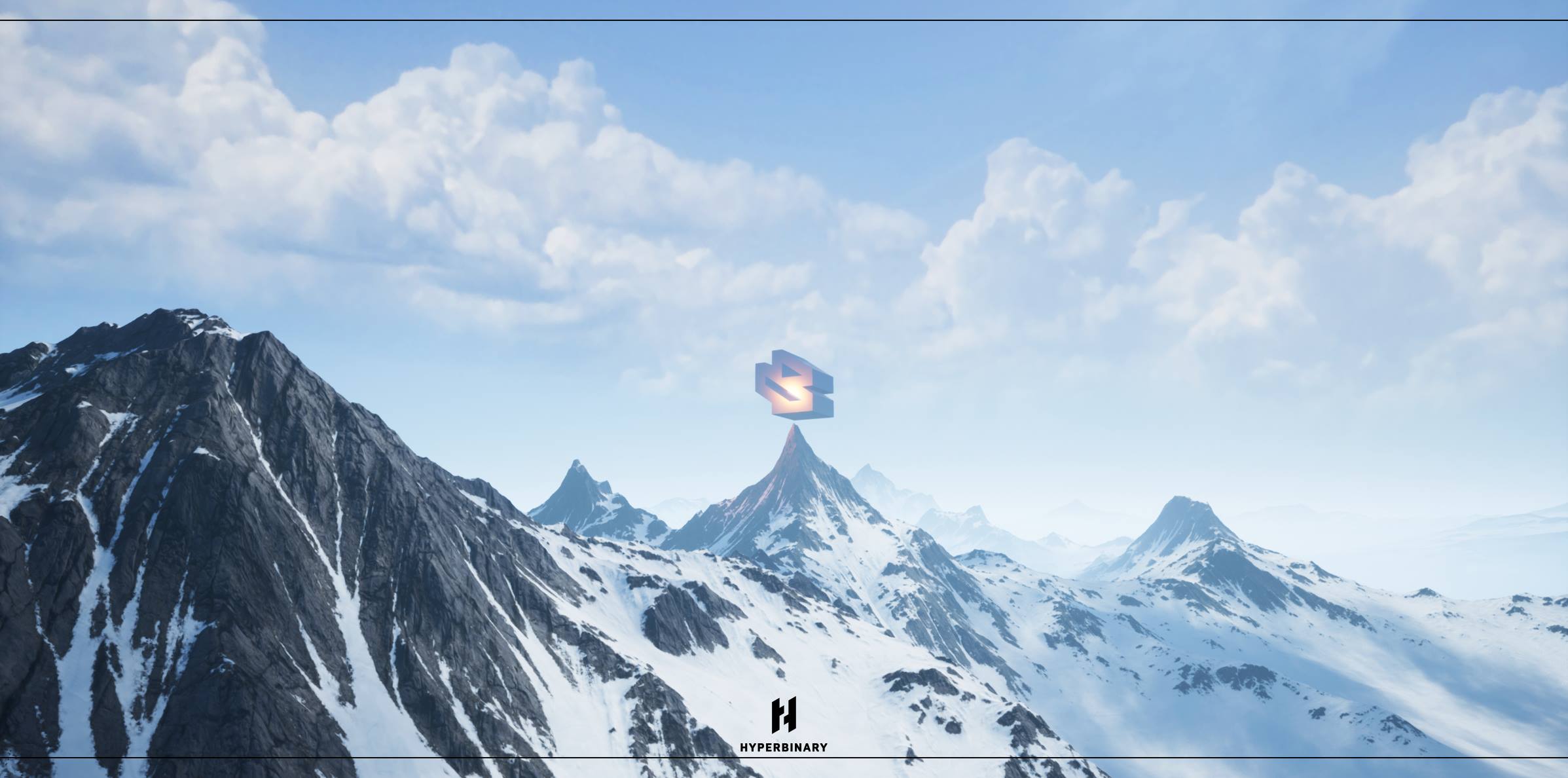
Billain: Aethek is a disorder, it is not real, nor it makes any sense, it sounds melodic, but at the same time it is a part of the brain that does not need you. It sat there for thirty-three thousand years, and it has its own logic, it survived around three cycles and there is no real face, it shifts, becomes logical and almost close, yet it goes distant, and it was always distant. It has no meaning tied to humans, since it originates beyond carbon as it has a role in universe. With that being said, Aethek is growing on a very undetected rate, and before I announce anything I can only say there’s a tonne of new ideas in that project already done waiting for the right moment. Hyperbinary meanwhile is a crew consisted of Amar Mulabegovic, Jan Sima and myself. We are mostly reinventing the visual and narrative system from gigs to installations with a worldwide support of underground think-alike nerds of the visual world. We just want to invent and reinvent the way they are done constantly. Then I teamed up and joined my brother in arms Ben Hook’s brainchild Antireal company, delivering posters, artwork covers, ID and logo works, videos and all kinds of vector works of the future which in a way became a hit across the globe “overnight”. More things will follow up.
TuB: You where also working on the new Audi presentation. How was it to work with them?
Billain: We were hired as BLOWUP company from another awesome company called Fabrika, and what I really liked is to try to experiment with my friend on the car itself, so we tried on the new Audi with projections on it but ended up with the cloth tightened around the new car. From that point I was surprised that the guys wanted a taste of DnB grooves around the cinematic scoring system and after some tries to my surprise it was an instant yes. I’m quite happy with the result.
TuB: So, besides the actual happenings surrounding you, where do you come from? Where did Billain start his journey into DnB?
Billain: I come from Sarajevo, from a small room, introvert, rebelling against the school system, a failed regime, a reconstructing end of one political era, full of nothingness, eventually to quit school and sell a good number of hiphop beats to try to get decent studio equipment, I experimented with techno as a liveact techno dj during the end of 90s and had first gigs, had my first mixes on cassettes to bring to the radio prime times and it was a blast, after that I became aware that I need technical hiphop, and I think that this certainly was a bridge between my synaesthesia.
“Either in parallel universe or past versions of me I was born to think in measurements of Japanese efficiency.”
The SciFi part comes from the feeling that I am certain that either in parallel universe or past versions of me I was born to think in measurements of Japanese efficiency. And after so much passion to see Akira, Ghost in the shell, Patlabor, Katsuhiro Ôtomo Memories, Neotokyo, Tsutomu Nihei, Evangelion, Armitage III, Battle Angel Alita to name a few, I was fully convinced that I remember something that wasn’t from my version. I started making all of this because of Japan culture, SciFi and technological narrative that triggered early very futuristic ways to describe my early drawing of the eyes since I was five, and enveloping the eyes with technology. To me that bridge was bringing weird sounds to conventional genres, and I think somewhere between that I fell in love with synths and how beats interconnects, only so I can break them in pieces to assemble my own Frankenstein’s Monster. Drum&Bass was that. My beloved Kontra crew brought it to Sarajevo with first gigs at the end of Y2K. DnB exists because someone felt that there is more to it. It is a feeling that many have forgotten today. There is more to it! It never ends, it shifts and surprise you. I found out about that between discovering Chemical Brothers, Fatboy Slim, Prodigy, and Aphex Twin, Photek, Goldie on the other side a medium ground certainly was undefined Drum&Bass which was a giant field full of things to bring in. So my mission to this day was to live that path. I have met many wonderful people there, Kemal, Skynet, Teebee, Maldini and Vegas to name a few—they were definitely highlights, because it is beautiful to listen to other peoples paths of the same field.
TuB: What was it like growing up in a war-torn country?

downtown Grbavica, a suburb of Sarajevo. (March 1996) 
Executive Council Building after being hit by artillery fire. (1992) 
Destruction in Sarajevo’s Dobrinja district after the siege. (1996)
“There is one thing people learn in war: Appreciate life.”
Billain: There is one thing people learn in war: Appreciate life. On the other side growing up in war with my early kind of hidden autism and synaesthesia probably caused by all that was happening around me: watching people dying and corpses decaying on the street, then being in shelter surrounded by bugs and moisture of earth and explosive smell in the air, falling asleep to the sound of grenades every night. I started running out to forbidden zones to find inspiration. Sarajevo was surrounded, nobody gets in or out, and you have 3000 mortars flying in every day blowing up everyone and everything. Snipers killing everyone and everything. Luckily I survived so many times it’s unbelievable. It was a chain reaction to do everything on the atomic level, with no tolerance, from the stubbornness to pursue the good, and to be quite dead honest. Believe me, many people do not like this, they cannot comprehend the truth, and that’s how I even lost some friends. I think as morbid as I can say or go into this what I am about to say, is that I quite appreciate what happened to me and my life in Sarajevo, because it truly is an upper hand on looking on things and taking them more seriously and more emotionally further than others can withstand. It was quite a weird type of ghetto where it was mostly the bigger saturation of depression and PTSD (Posttraumatic stress disorder; editor’s note) rather then guns on the streets. There was a post war number of shootings but I would definitely say on a different level. Lots of my friends died, and I’m not gonna live forever, so my attitude became a combination of militant and emotional.
Imagine a pro producer level label owner trying his business taste on me and imposing his production technique on me, in order to sign me. He’s thinking “oh I got so many years of experience in Drum&Bass and this kid is great, if only he can move this part or that part. What the fuck does that even mean? I think my greatest shock was when in Dnb scene I became aware of “creative control”. It’s just a list of people that should be tied and sent to Pluto, because it’s the only place that can match their sense of cold appeal over someones blood spilled over the very essence of every subatomic meaning of nano-construct in the essence of purposely built vessel of narrative camouflaged to sound like DnB. They are tossing track and controls like fashion creators bringing in girl models telling them to loose some weight, get more tits, and bring in the botox. And before everyone becomes aware that doing that is wrong, you end up with hundreds of girls wanting to loose weight and pump their shit on their own—thanks to this trend. So they get shocked when I tell them things that are brutally honest. People do not like to hear the truth sometimes. DnB can be even more than it is now. We just need to explore and feel free more.
TuB: How is the DnB scene in Bosnia?
“Our DJ’s don’t have much courage to stand up to bad promoters, but one should not give a damn.”
Billain: I can only speak from Sarajevo on this case. It is living in cycles, like the rest of the world but on way smaller scale, it migrates into sub-genres or highlights of the moment to refresh itself, but we have very few producers. The rest of the world usually follows the trend or individual and then the genre also shifts with followers. We have one of the oldest DnB scenes, circa 1998 was the very start thanks to our beloved Kontra crew. I like the fact that the scene was grown on techstep mostly, Metalheadz in mind on one side and minimal and neuro and liquid funk on the other, and all of that on the foundations of old minimal techno. So instead of seeking asylum in new jumpup or some other not so tasteful genres, it rather goes into deep sleep until techstep or neuro sounds come back. It wants to stay in funk and jazz, educated and musical. It’s called being very stubborn, which is good, because it does not allow non-melodic or not-so-smart bass genres to become alive or a trend.
But this is just the case with DnB in Sarajevo. Hiphop in Sarajevo got destroyed singlehandedly by few ridiculously autotuned talentless fakes rapping about pussy, whores, cars and money like it’s ’98 but without brain, backed by soulless money squareheads, so it’s better to be in deep sleep then in coma, you cant wake up from coma. Sarajevo is a small city. In other cases some of the promoters monopolised events and gentrified the scene and then closed some of the most important venues, opening pubs and restaurants, leaving the crowd in despair, so they seek asylum in house music and other electronic means and first next possibility. Our DJs don’t have much courage to stand up to bad promoters because of a small city, but one should not give a damn if they truly love music.
TuB: Besides Outlook this year it seems like you are not playing many gigs? Why is that?
“I take my time and particular details dead serious.”
Billain: This year was a period of switching agency for me. And as I had bigger and bigger projects coming up, things needed to progress overall to bigger platforms but it doesn’t happen overnight. For too many people I am a nightmare logistics based on the levels of obsessive compulsive order, which we must agree by now is a blessing in the ever-growing demanding society, as I take my time and particular details dead serious to create something unique by all means. We all learn in school that all the physics and science people are dead stubborn and persistent people silent in antisocial corners. There are less gigs but more tracks on the table for the gigs to come naturally after that. It feels that tracks are multiple genre progressive, therefor gig possibilities can multiply. For now I am in love with Outlook festival, just got back from the wonders these people do, the festival really pushes deep Drum&Bass and bass music overall, and it is quite amazing to be there and a part of it.
Also playing on Rampage Festival was nothing short of amazing. We had a blast there, and we prepared some nice surprises that we kept secret to the very last moment, as we rendered visuals in 7K and had an amazing light technician to follow it up. We prepared quite a lot of logistics to make that night an amazing show to remember. The Rampage Crew guys were welcoming when we said that we can take over some of the light to make lights appear as if a giant device has landed and came above the arena to scavenge humans. Mission was successful. We are happy about the feedbacks that is still echoing and encouraging others to do the same which means that we are setting some trends.
TuB: Where did you enjoy playing the most and is there a place where you would like to play in the future?
Billain: Well I love playing at Outlook Festival during summer, I absolutely love playing in Toulouse with dear Kosen Crew, Bikini place is amazing! I don’t need to mention Rampage Festival bigups to Murdock for that. Xenocracy guys In Zurich are awesome, Drum Room guys are awesome, Boomtown is amazing place to stay around and play one of the days. I love Drumatch crew in Slovakia.
I would love to play on Let It Roll, apparently I haven’t played there because it seems that I was too experimental for them, thats what I have heard, but after working on the “Pacific Rim” movie, i think they might want to get some of my real robots finally.
TuB: What where your first influences which drove you to start making music on your own?
Billain: War, early Ridley Scott, early John Carpenter, Moebius, Jodorowsky, William Gibson, Jean Michelle Jarre, Paul Vernhoeven, Iannix Xenakis, Queen—just remembered, that was my first walkman’s cassette. Actually what’s a really interesting story is I have stumbled upon copies of Drum&Bass Arena CD, Photek CD and “incredible sounds of Drum&Bass mixed by Goldie” on a pirate CD selling stand in the center of Sarajevo. Those pirate places were the only resource of music in postwar city, and the only affordable means of musical education. I used to go there daily. Prices of CD’s were 2,5 euros. and cassettes were 1,5euros.
TuB: How long are you producing now?
Billain: It has been twenty-one years now. but it feels like just a blink. I can say it as a wonderful journey. I have tried many genres and picked something very beautiful from each one, from techno to tech-house to hiphop and trip-hop to experimental and cinematic, I have found the way to bond all of that in neurofunk. I still feel like 21 minutes have passed and I have just started, which is good, since my mission on this planet is still unfinished.
TuB: Talk us through you current set up.
Billain: Dynaudio Acoustics BM12A, Audeze LCD-X, Beyerdynamic DT990PRO, RME Fireface UCX, Spl Vitalizer, MK2-T, Sherman Filterbank, Culture Vulture, Seaboard Roli, Midi keyboard, Maxed PC, Damascus ergonomic t-shirt for a better workflow and a Russian Blue cat.
TuB: What are your top 5 VST’s and why?
Billain: Native Instruments most of the things, highlights to Reaktor, Razor, Monark, Kontakt. Then Melda plugins, Izotope and Fabfilter plugins work in a wonderful sacred four. But I would add Noiz Filter to it. I really like the workflow of it. I love all Glitchmachines, and Twisted Tools. And my beloved FL Studio which is more than people can possibly understand.
TuB: How do you start a track? Are you doing sound design and trackwriting in different sessions?
Billain: I don’t have a specific starting workflow. They are based on what first idea comes to mind, whether it’s a good bass, good drums, and some melody scoring, they add to each other. But I also bounce them around as midi information and plugin presets so I can migrate them across projects easily to test if they work good together, which means sound design and track writing is in different sessions as a giant library of preserved moments that search of each other. I like thinking about tracks as clusters. But every now and then I do all of this in just one project from scratch, from start to end.
TuB: Your sound design is pretty impressive to be honest. What is your way of finding inspiration and how do you manage creative blocks?
“I don’t think my sound design is that good though.”
Billain: Thank you. I don’t think they are that good though, because I’m the one who disassembles the sounds and then know how it is made, that spoils the playtime a bit. So it’s a bit of a constant chase of “it can be better” which is good, it kinda pushes you to try harder every time with no indication of slowing down. Inspiration comes from my young age ability to see pictures and hear sounds from them and vice versa. I can describe every sound in shapes organic or inorganic made of textures and materials and it really helps me to watch waveforms become a sculpture instead of listening to it, they have a personality. If I just listen to the sound I am creating I am pretty blind, and that is not a good thing because you aren’t watching where you’re driving, what you’re building. This helped me work on the upcoming horror game Scorn that I’m a part of as sound designer and music composer. My job is to use my skills to describe what needs to sound like what is on the screen itself, especially if you are in places you have never been before, the future of a different planet.
TuB: Any production tips for starting producers?
Billain: Listen to everything that is worth something in the music industry intellectually, then have a visual hobby of any kind, this will help you build “the bridge” then after you know everything of the genre rules like DnB. Break the rules, and sacrifice few tracks to some places. Perfect your production techniques, then break those rules and don’t make compromises with people who do not understand why you want things to sound the way you want. Because your music will become a reflection of yourself and not anyone else.
TuB: So we’ve reached the final question, thank you very much for taking your time. Drums or bass?
Billain: Drass. Because: why not.
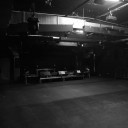




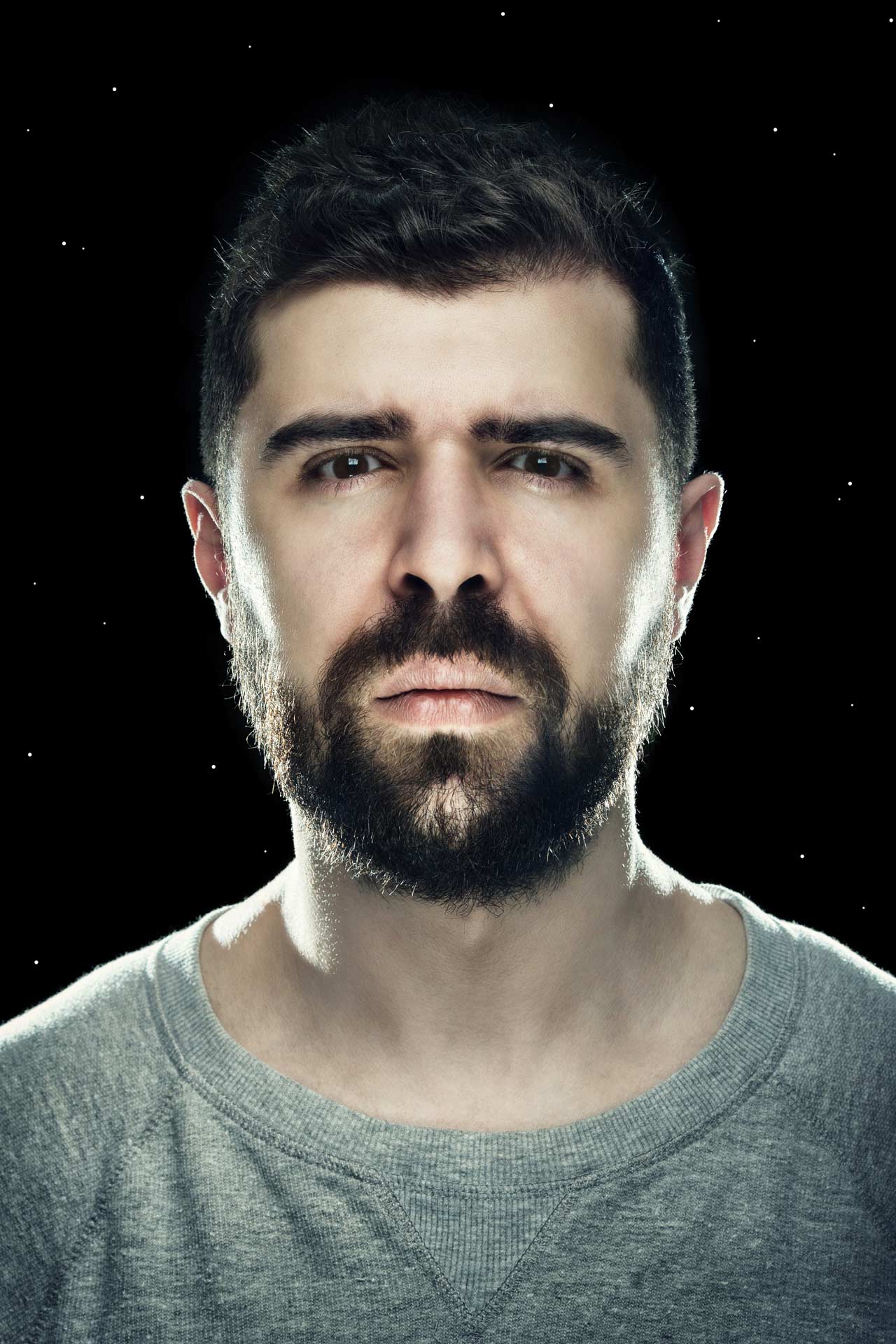

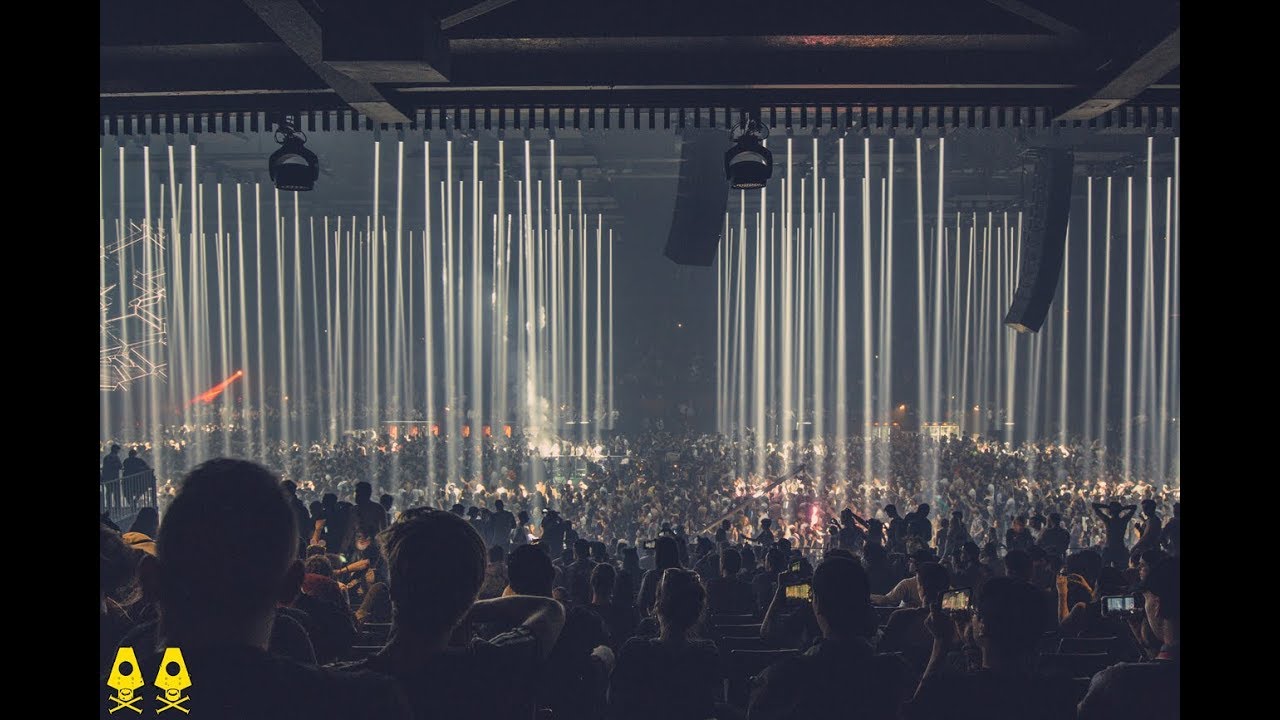

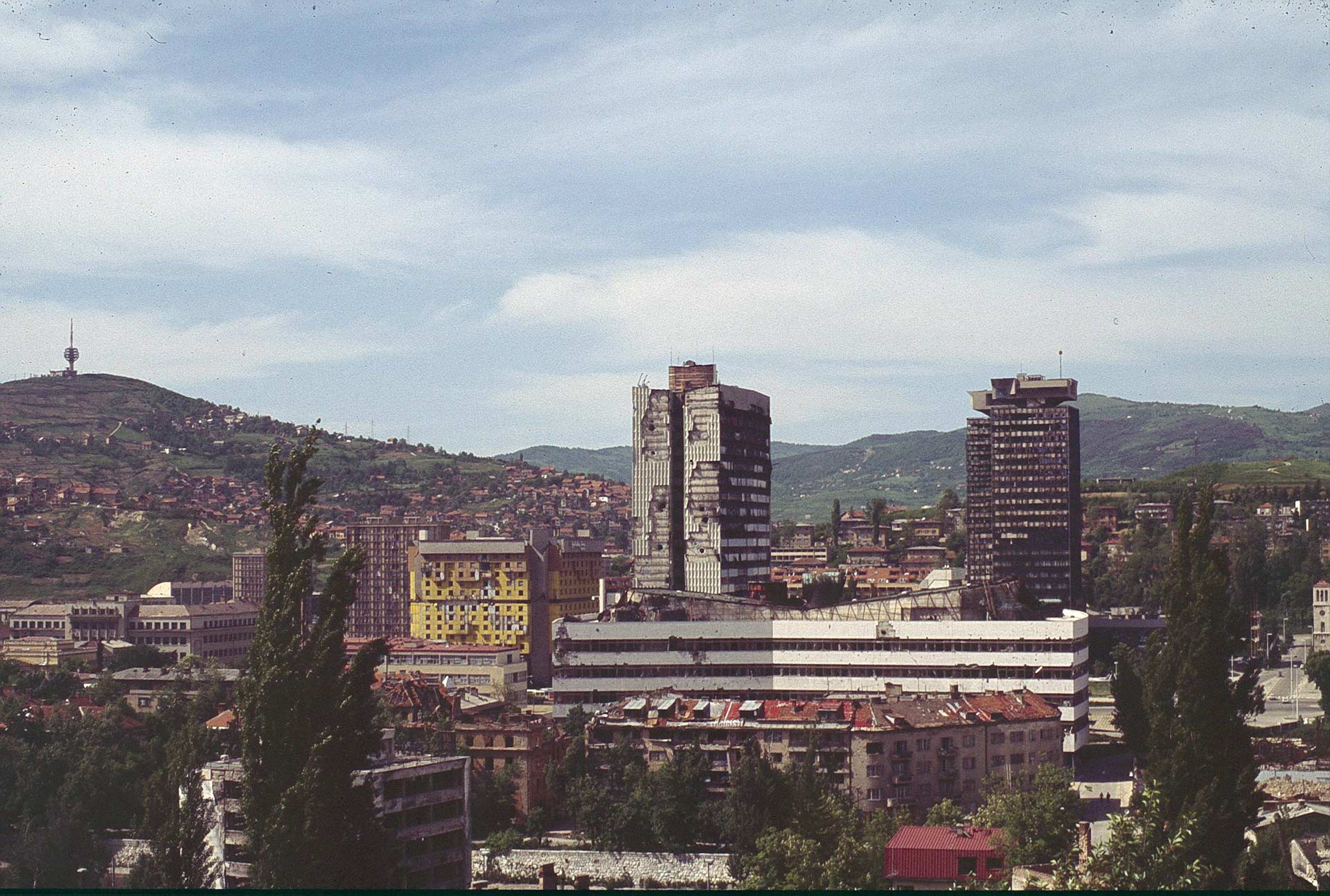
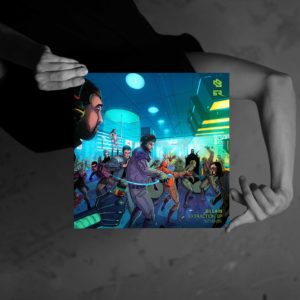
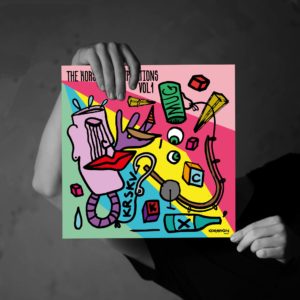
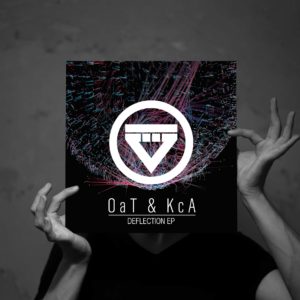
Keine Kommentare